The Covid-19 pandemic has deeply affected countries' economies but also intensified the urgency for sustainability transition. A transition that will have a deep impact on the South Mediterranean countries, especially hydrocarbon producers, according to Policy Brief released by FEMISE and CMI (Center for Mediterranean Integration in Marseille).
The implications of the Covid-19 pandemic in South Mediterranean countries reinforce the need for fair and well-informed policies as well as programs to progress with the energy transition. If proper labour transition policies are not implemented, oil-based economies run the risk of being left with outdated and/or low skills for their human capital, low diversity in the labour markets, poor job prospects and increasing need for public support. The FEMISE-CMI Brief No.17 (available here), by Stella Tsani, University of Ioannina, Greece, shows that many South Mediterranean countries are facing major challenges to reach the goals of the United Nations’ 2030 Agenda for sustainable development.
Countries worldwide agreed in 2015 on 17 sustainable development goals (SDGs) to guide national, regional and global decisions until 2030. Also, the Paris agreement enabled nationally determined contributions (NDCs), adopted by 196 Parties at COP21 in 2015. The aim is to limit global warming to below 2°C.
South Med’s current position on sustainability and energy transition perspective
The Brief shows that South Mediterranean countries score a total SDG index of above 65, which is about two-thirds of the way away from achieving the SDGs.
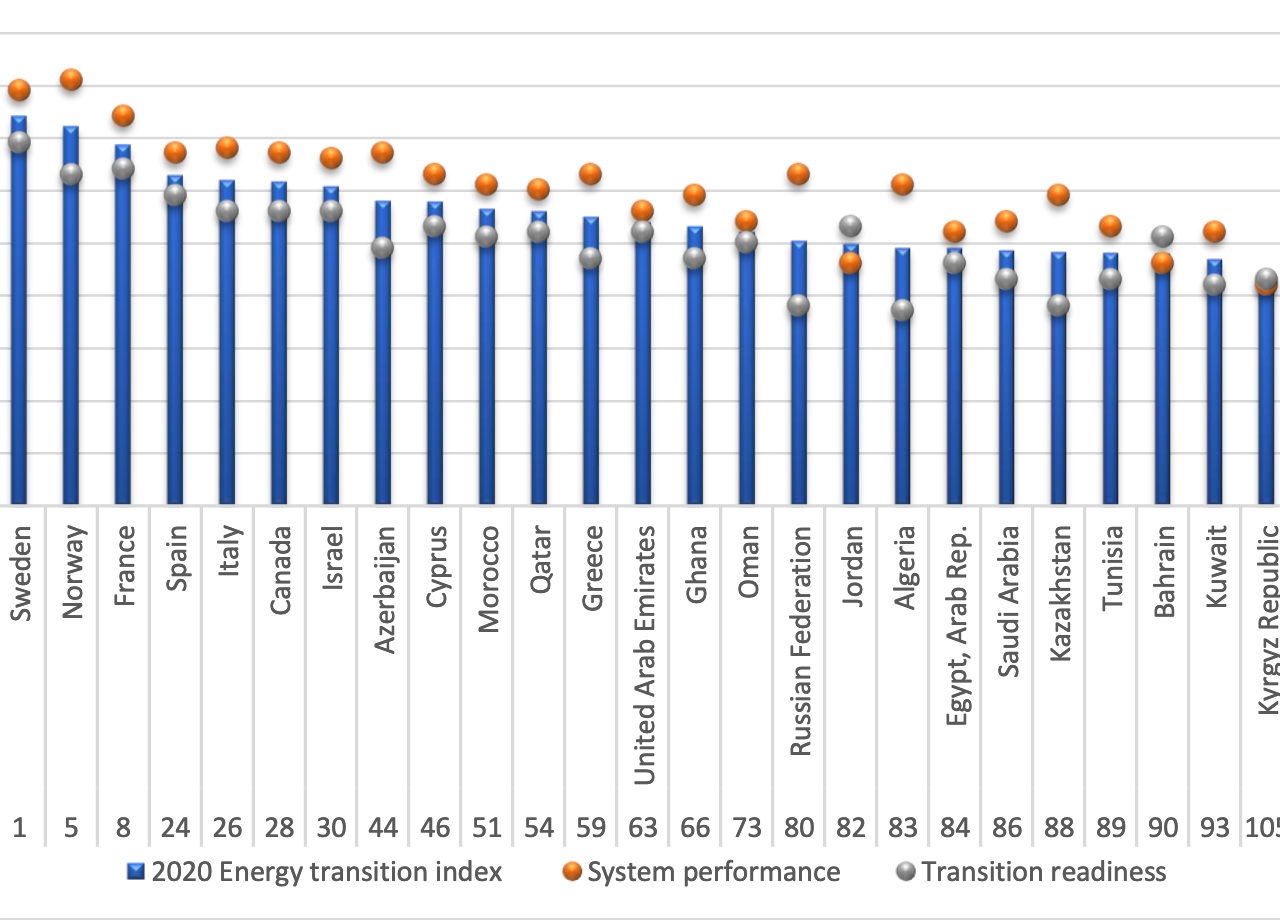
South Mediterranean (excluding Israel), Middle East, sub-Saharan and Central Asian oil-producing countries are found at the lower end of the 2020 Energy Transition Index (ETI), recording low system performance and transition readiness.
Sub- Saharan countries are particularly facing major challenges. The difficulty lies in the need to decarbonize all the while diversifying the countries’ economies, not to rely solely on oil to provide revenue and employment.
At the MENA region, only a number of Gulf countries (e.g. Qatar, United Arab Emirates, etc.) have achieved the SDG objective with regards to unemployment in 2019. For South Med countries such as Egypt, Tunisia and Jordan, this objective still represents a ‘major challenge’ with unemployment reaching up to 22.3 % on average between 2010 and 2019.
The need for “local content” policies to ease energy transition
According to the Brief, energy transition is expected to lower labour demand in the energy intensive sectors and in the extractive (coal, oil, gas) industries. Investments in renewable energy should stimulate a direct positive effect on employment and indirect positive effect on sectors providing inputs to these investments.
So far relevant for hydrocarbon producers, scientific analysis shows that “local content” policies may also be relevant for renewable energy projects. Local content policies target the utilization and the development of the local industrial and human capital base through the creation of economic interactions between the energy sector and the rest of the productive sectors of the economy. If no appropriate measures are taken, then local suppliers and labour may not benefit from the investments made and the resulting activities.
Recommendations for a proper energy transition going forward
Some effects of the Covid-19 pandemic may persist over the next few years. The Brief stresses that if countries with similar challenges and socio-economic structure cooperate, the transition’s design and implementation will benefit from it. This includes collaboration, solution-driven partnerships and implementing cooperation programs between countries, regions and sectors. The covid-19 pandemic has shed light on the existence of large technology, human capital, gender and economic inequalities. The sharing of knowledge will therefore be beneficial.
Global energy scenarios to 2050 foresee a peak in demand for oil and gas in the period 2020- 2030. After this period of plateauing demand, hydrocarbons are expected to account for a smaller share in the global energy mix as compared to renewable energy sources. Oil and gas producers (Egypt, Algeria and Libya) are advised to aim policies towards education and cooperation, in favour of skills and technology beyond hydrocarbons.
For conventional energy production localities, recommendations insist on the design and implementation of well-informed industrial, fiscal and employment policies. Hence, developing policies to turn energy projects into engines of industrial growth and employment creation.
Carrying out industrial and technological clusters across the knowledge triangle (research, education and innovation) would ease integration and exchange of best practices for small and medium size enterprises. Those clusters can be distributed geographically and/or sectorally, within or outside national borders.
Other recommendations include undertaking detailed local content policies analysis on socio- economic, financial and technology impact, with relation to the energy sector. Identifying and implementing education policies and measures that address skill gaps, gender inequality and industry needs for specific cross-cutting skills may also help overcome systemic weakness of human capital.
Finally, the study mentions the mobilization and use of public funds and international assistance response to Covid-19 towards education, skills and technological upgrade of the labour force. This also insists on cooperation and a combination of financial, training and educational support packages that can ensure resilience of the most vulnerable, under the current conditions, and readiness for future uncertainties and skill requirements.
Source: FEMISE


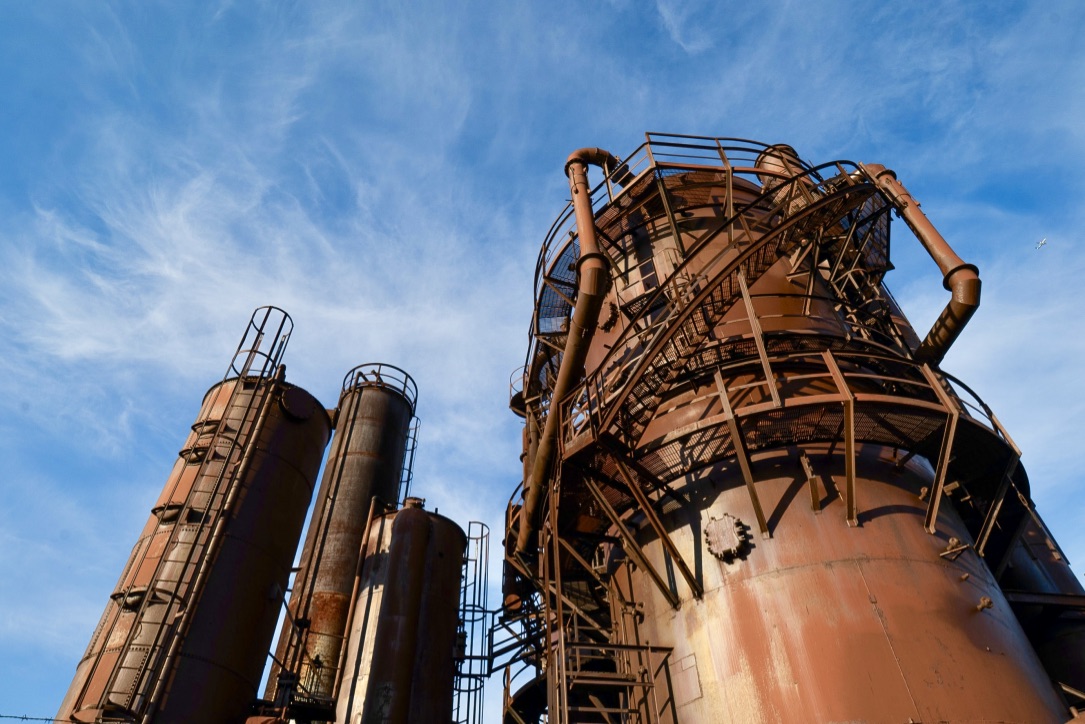





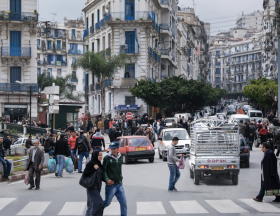
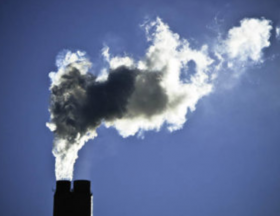
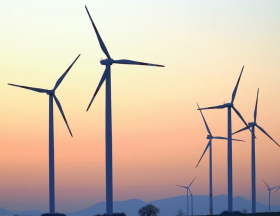
Réagissez à cet article